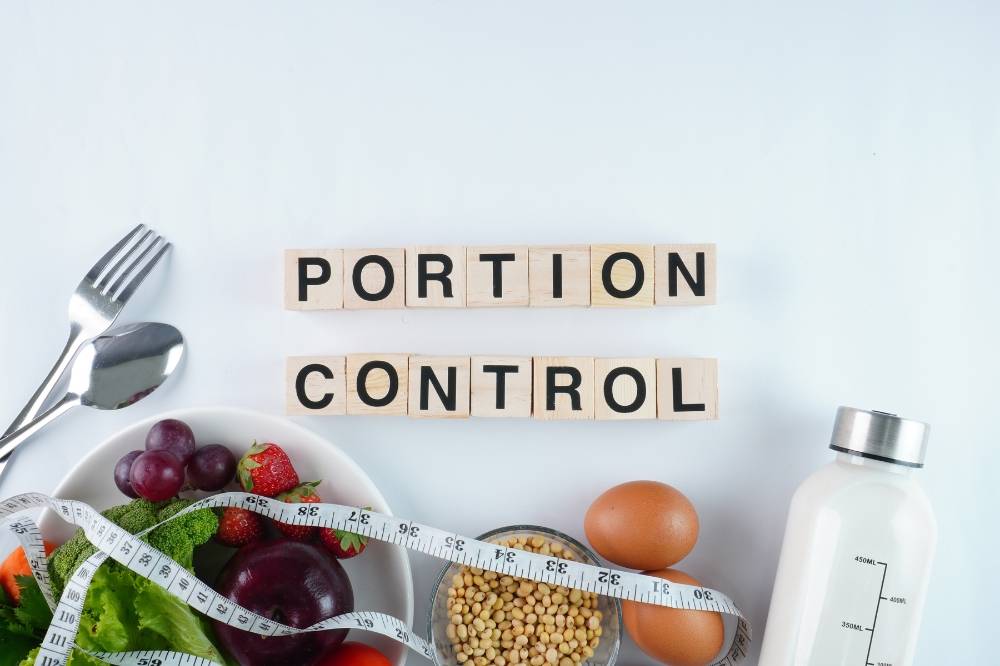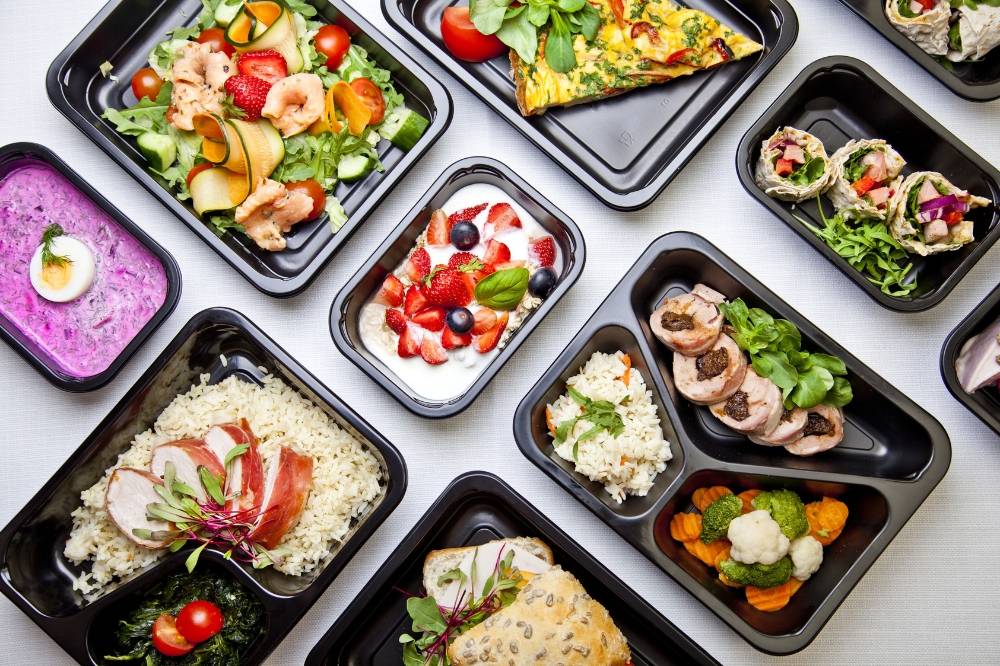Stop overeating at iftar with these 9 simple ways to control portions

THE holy month of Ramadan brings Malaysians together, especially through the vibrant culture of Ramadan bazaars and communal iftar gatherings. With an array of delicious traditional dishes available, it is easy to overindulge after a long day of fasting.
However, excessive eating at iftar can lead to discomfort, indigestion and unwanted weight gain, ultimately affecting one's energy levels and overall well-being.
IMU University's Nutrition and Dietetics Department, Dietitian Nur Adila Samingan emphasises that portion control is key to maintaining a balanced diet and fully reaping the benefits of fasting.
Here are nine simple ways to prevent overeating at iftar while ensuring proper nourishment.
1. START SMALL AND BUILD UP
After fasting for an entire day, the urge to eat a large meal immediately can be overwhelming. However, Adila advises beginning with a light meal such as dates, soup or the traditional 'bubur lambuk' to ease the digestive system.
"This helps curb extreme hunger and prevents overconsumption later. Taking a short break for prayer before continuing with a balanced meal can also help regulate food intake," she said.
2. USE SMALLER PLATES
A simple yet effective trick is to use smaller plates when serving food.
"Visually, a full small plate gives the impression of a satisfying meal, even if the portion is controlled," Adila mentioned.
This approach helps reduce the likelihood of piling on excessive amounts of food and encourages mindful eating.

3. PRIORITISE NUTRIENT-DENSE FOODS
Instead of focusing on fried and oily foods, opt for nutrient-dense options like vegetables, lean proteins and whole grains.
"These foods provide sustained energy and satiety, reducing the urge to overeat.
"A well-balanced meal should include fibre-rich carbohydrates, protein for muscle repair and healthy fats for satiety," she emphasised.
4. BE MINDFUL OF SERVING SIZES
Understanding portion sizes can prevent excessive intake of certain food groups. Adila recommends using the Healthy Plate Method, which ensures a balanced proportion of carbohydrates, proteins and vegetables.
"This method helps to control portion sizes while ensuring that all essential nutrients are included," she said.
5. EAT SLOWLY AND MINDFULLY
Many people eat quickly at iftar, only to realise later that they have overeaten.
"It takes time for the stomach to signal to the brain that it is full," Adila pointed out.
By chewing slowly and savouring each bite, individuals can recognise their satiety cues and stop eating before feeling overly full.

6. HYDRATE PROPERLY
Sometimes, thirst is mistaken for hunger, leading to unnecessary snacking or overeating.
"Drinking enough water throughout the evening is crucial. Opt for plain water or unsweetened beverages instead of sugary drinks, which can cause energy crashes and increase cravings," Adila advised.
7. PLAN YOUR MEALS IN ADVANCE
Planning ahead can help avoid compulsive eating and unnecessary indulgence in high-calorie foods.
"Prepare appropriate portions and stick to your plan. This method not only ensures a nutritious iftar but also minimises food wastage," she said.

8. LISTEN TO YOUR BODY'S SIGNALS
Recognising when the body is full is an essential aspect of portion control.
"Stop eating when you feel satisfied, not stuffed. By serving smaller portions initially, individuals can assess their hunger levels and avoid excessive intake," she mentioned.
9. REMEMBER THE PURPOSE OF RAMADAN
Beyond food, Ramadan is about self-discipline, reflection and spiritual growth. Adila said that overeating can distract from these purposes.
"By focusing on nourishment rather than indulgence, individuals can maintain their energy levels for 'ibadah' and experience the true essence of fasting," she added.
With an abundance of tempting foods available during Ramadan, it is easy to fall into the habit of overeating.
However, by practicing portion control, choosing nutritious options and being mindful of eating habits, iftar can be both satisfying and beneficial to overall health.
Download Sinar Daily application.Click Here!















